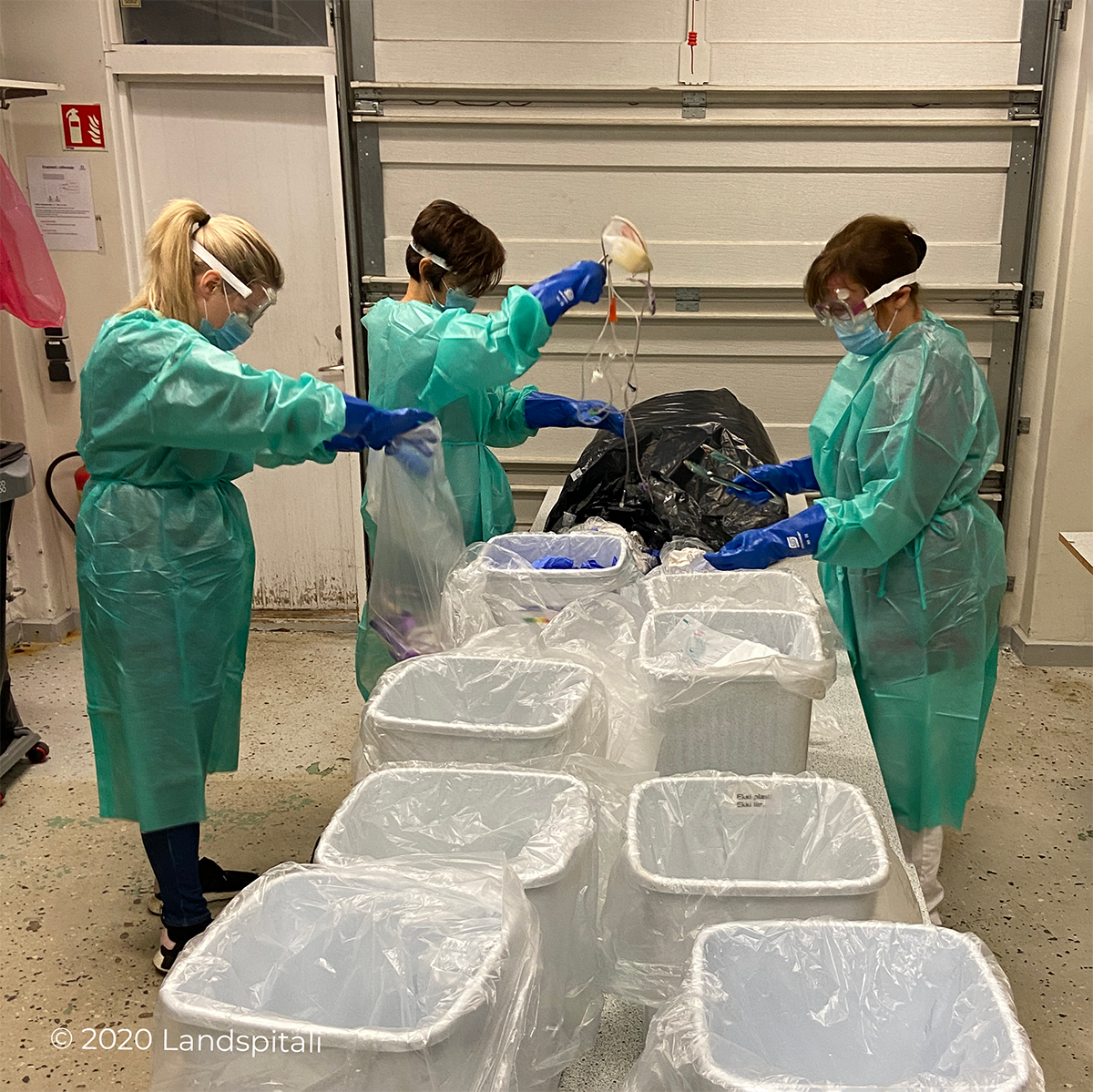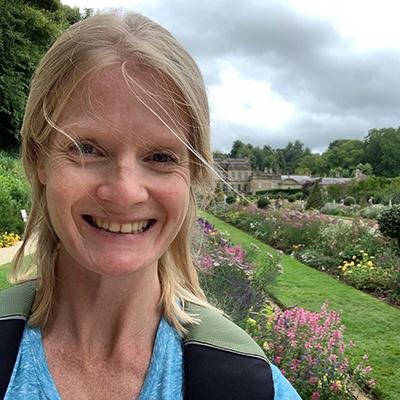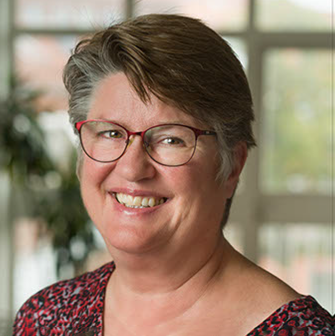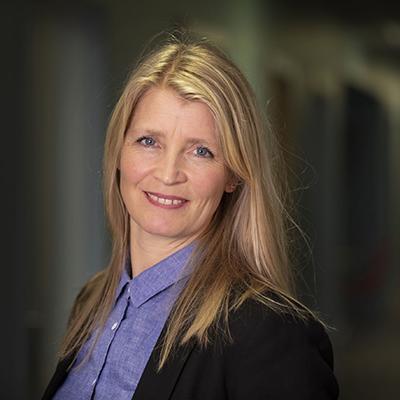For Plastic Free July, HCWH Europe organised a webinar to show how waste audits support a reduction of plastic use in healthcare and presented the tools you need to make a change in your own healthcare facility.
Plastics play an important role in providing healthcare, but it is important to recognise the negative health and environmental impacts across their lifecycle: from oil and gas extraction and the use of toxic additives to the large volumes of waste and plastic pollution generated.
The healthcare sector consumes huge quantities of single-use plastic items and is reliant on unsustainable supply chains that are easily disrupted, as demonstrated at the peak of the COVID-19 pandemic, when PPE was scarce in many areas.
Reducing single-use plastic offers many co-benefits for environment and health. In many cases, safe and reusable or reprocessable alternatives to single-use plastics used in healthcare already exist, but it can be challenging to know where to start.

To reduce a problem, you must first measure it. Waste audits are an established method for quantifying waste as well as identifying potential inefficiencies and opportunities for waste prevention and improvements in segregation practices.
By analysing waste, we can understand the types and quantities of plastic used in healthcare facilities. Knowing what is used and thrown away is the first step to reduce plastic use and waste.
Data from waste audits provides healthcare professionals, procurers, management, and sustainability teams with a clear overview of where actions can be taken. By highlighting which products or which departments are producing the most waste and what types of plastic waste is produced, waste reduction strategies can then better prioritise the reduction or replacement of certain products, or focus efforts in a particular area of the facility. Measuring how much waste a single ward generates in even a short amount of time can also help raise awareness of the scale of plastic use in the facility, especially if staff participate in the audit.
HCWH Europe’s pilot project Towards plastic-free healthcare, aims to transform plastic use in healthcare facilities and support them in their transition to a circular economy model in which unnecessary plastic is reduced. Waste audits at each participating facility form a crucial part of the project’s initial research phase.
This webinar provided insight into the waste audit methodology and database used as part of the project. It provided examples from completed waste audits and discussed the challenges faced, lessons learnt, and next steps.
In this webinar we:
- Presented the preliminary results of the Towards plastic-free healthcare project and showcase results from the plastic waste audits
- Increased participants’ understanding on the advantages of waste audits
- Inspired other hospitals and healthcare providers to consider waste audits as a way of assessing plastic use in their operations
Speakers

Moderator: Arianna Gamba, Circular Healthcare Programme Manager - HCWH Europe
Arianna leads the Circular Healthcare Programme at HCWH Europe, with the goal of ensuring that European health systems drive markets towards toxic-free products that conserve finite resources, minimise waste, and contribute to an ethical supply chain and circular economy. After obtaining a Bachelor’s degree in International Relations, she specialised in health with a European MSc in Health Economics and Management.

Esther Coffin-Smith, Sustainable Development Manager - North Bristol NHS Trust
Esther has been working in the field of sustainability within the public sector for 21 years with 15 of those for the NHS. She manages a small team who coordinate sustainability activities at North Bristol NHS Trust. Years of embedding sustainable development at the Trust culminated in them declaring climate and ecological emergencies in 2019/2020. Esther is now supporting the Trust in its ambition to be carbon net zero by 2030.

Susanne Backer, Circular Economy Adviser - Department of Procurement and Clinical Engineering, Central Denmark Region
Susanne Backer holds a MSc (Econ) Management and a BA in Textile Design. She has been working with development projects within energy and environment for more than 25 years. Since 2016 Susanne has been working for the Central Denmark Region and is currently employed as Circular Economy Advisor within the Department of Procurement and Clinical Engineering.

Hulda Steingrímsdóttir, Environmental Manager - The National University Hospital of Iceland
Working in sustainability issues for 25 years, Hulda has spent the last five years in the health sector. With a master’s degree in Environmental Science from University of Gothenburg, Hulda is responsible for environmental and social sustainability issues at Landspítali - which has been reducing its environmental impact since 2012.
Event Details
Region
Europe
Date
Thursday, 8 July 2021
Location
Online